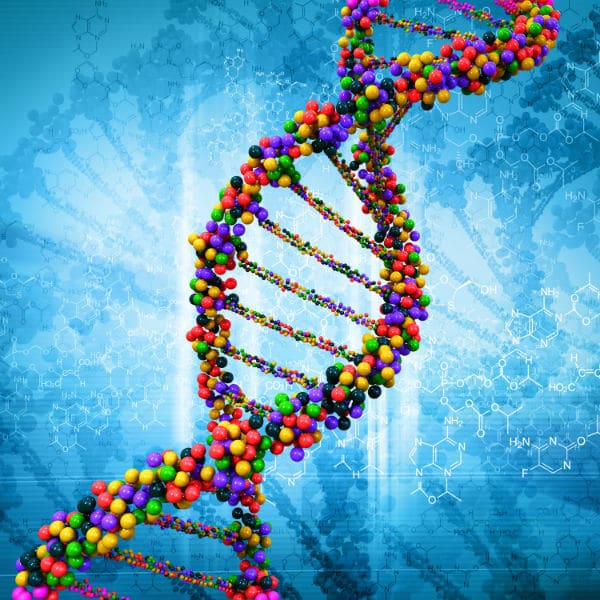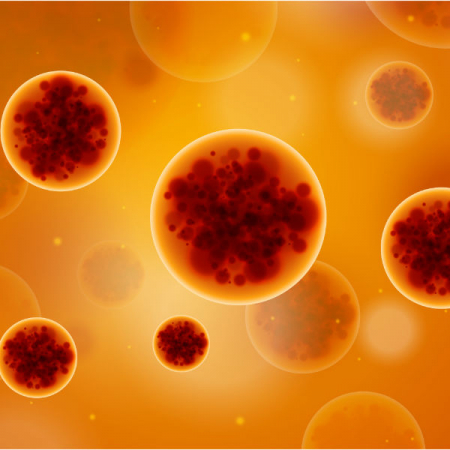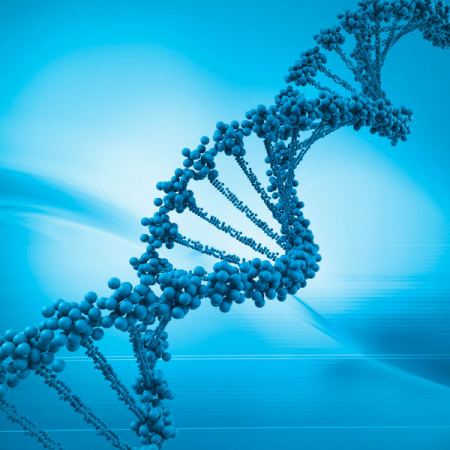Description
During this course, you will explore the relationship between the genome and the epigenome in the context of human disease.
Learn from leading experts in genomics about:
- The epigenome, including: epigenetic modifications, such as DNA methylation, histone modification, chromatin remodelling and non-coding RNAs; cellular maintenance of the epigenome; epigenetic control of gene expression, and epigenetics and development.
- X inactivation and genomic imprinting.
- The relationship between the genome and the epigenome, including epimutations and methylation quantitative trait loci (mQTL).
- Epigenomic plasticity: how aging and environmental factors can alter the epigenome.
- Epigenetic variation, with a special focus on DNA methylation, in human health and disease.
- Cancer epigenetics, including epigenetic biomarkers in cancer and the emergence of epigenetic therapeutics in cancer treatment.
- Interrogating the epigenome using experimental techniques and bioinformatics research tools.
Learning outcomes
By the end of the module you will be able to:
- Understand the structure of the epigenome, including DNA methylation, histone modification and chromatin remodelling.
- Discuss the function of the epigenome, including the regulation of gene transcription and its relationship to the genome.
- Know basic epigenetics principles, the role of epigenetic variation in health and disease, and how epigenomic information can facilitate the discovery of underlying disease mechanisms.
- Critically evaluate the malleable nature of the epigenome in response to aging and environmental factors, and the potential pitfalls in current epigenetic research.
- Understand how the field of epigenomics is currently applied in the diagnosis, treatment and monitoring of certain cancers, for example prostate cancer.
- Compare and contrast the different genomic technologies and bioinformatics techniques used to interrogate the epigenome in the context of human health and disease.










